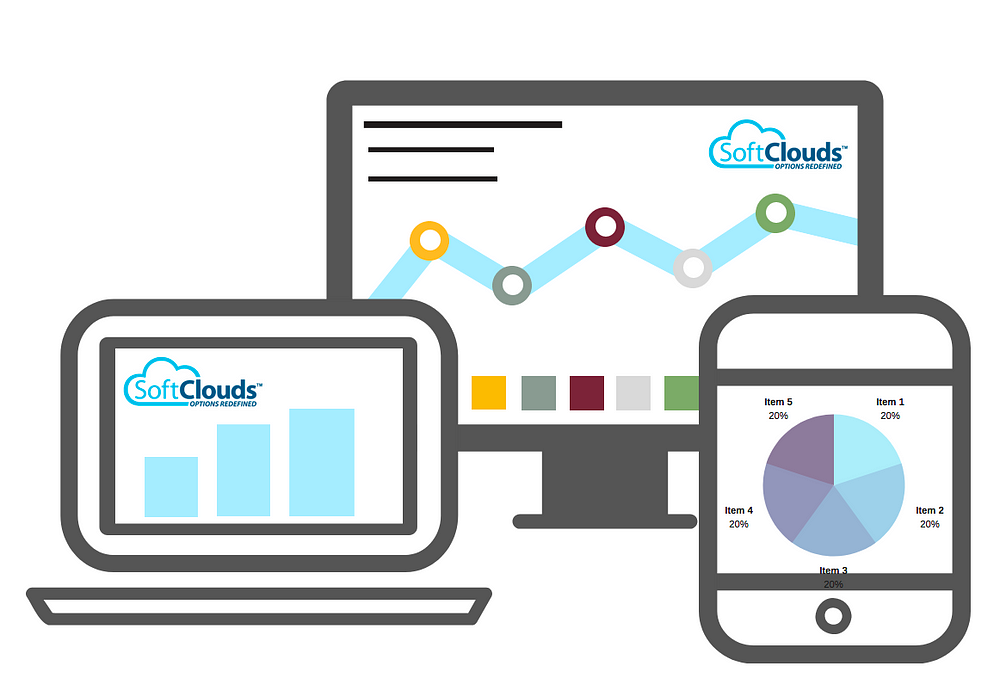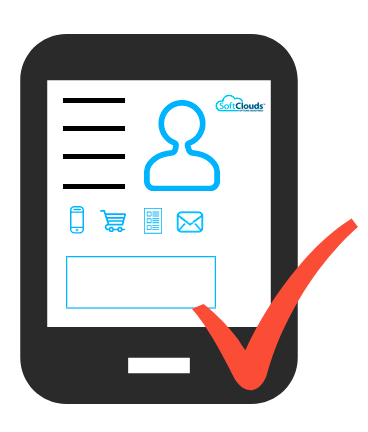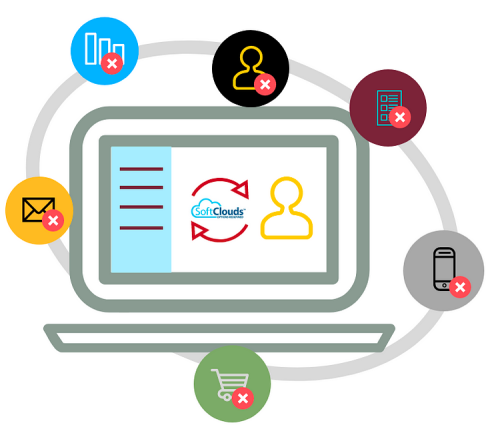Customer Relationship Management software (CRM) hasn’t changed a lot since the 1990s, except that it moved from on-premise systems to the cloud. In most enterprises, customer data is still siloed and manually entered into their CRM.
Why is CRM still highly inefficient?
CRM, although a significant sales and marketing tool, remains highly inefficient because it creates extra work for sales representatives. Sales representatives, who look to close high-volume deals efficiently, are finding themselves spending hours performing administrative tasks like manually entering large amounts of data, and searching through vast amounts of information. With this, administrative work becomes more significant considering that on average, sales reps spend only 11% of their time actively reaching out to customers and selling. There is a need for CRM automation, and if CRM doesn’t become “smarter” sales reps will cease to use it.
Automated customer relationship will be the future of CRM.
If enterprise workflows were as smart and easy to use as Siri or Alexa, sales reps would certainly use it more and enjoy the full benefits of an automated CRM. CRM automation can improve the sales process significantly. CRM automation, which includes functions like personalized communications and customer-targeted recommendations based on past activities, can help to ease a sales rep’s often tricky task of generating sales.
CRM automation powered by predictive analytics and an in-depth knowledge of a specific industry and business function’s workflows.
Predictive analytics gives valuable information about a customer and their habits, which are of utmost importance for higher customer retention. The future of CRM is in its ability to determine which steps to take. Furthermore, knowledge and understanding of a specific industry and business function’s workflows are crucial in getting and keeping customers — especially since it is the returning customers that will spend more and buy more often than new customers.

CRM automation powered by predictive analytics and AI
Artificial intelligence and decision-support algorithms will offer data-driven suggestions and unleash a new level of productivity among workers, allowing everyone to focus on what matters.
Artificial intelligence and predictive data engines can offer data-driven suggestions that will increase sales reps’ productivity. Automating repetitive tasks will give sales reps more time for crucial tasks, like studying the customer data and getting to know their customers and build a relationship with them. Having the right customer data can:

- Aid in understanding the customer.
- Increase customer retention.
- Improve customer experiences.
- Provide excellent customer service.
- Attract new customers.
- Increase efficiency.
- Reduce cost.
In conclusion, the future of CRM lies in customer relationship automation. When done the right way, sales reps will be able to compile data from a variety of dissc-para-lgte sources and contact a potential customer with a personalized approach at the right time, at the right touch point, through the right channel. Furthermore, predictive analytics and artificial intelligence give sales reps crucial information to work with. This in-depth knowledge and the use of predictive data will create a CRM that is more proactive and help to save time and increase productivity. With customer relationship automation, sales reps will close more sales, use their time more efficiently, and delight their new and existing customers every step of the way in their journey.

